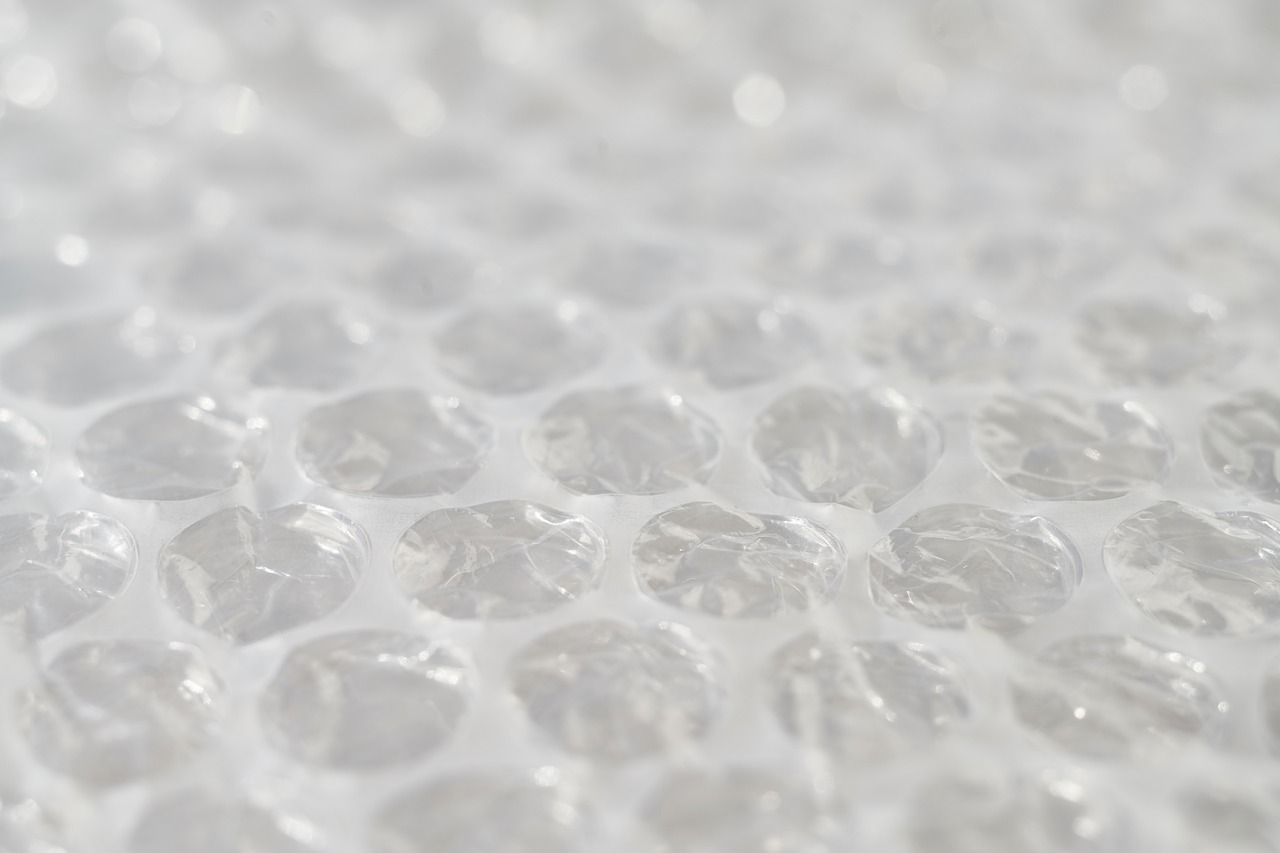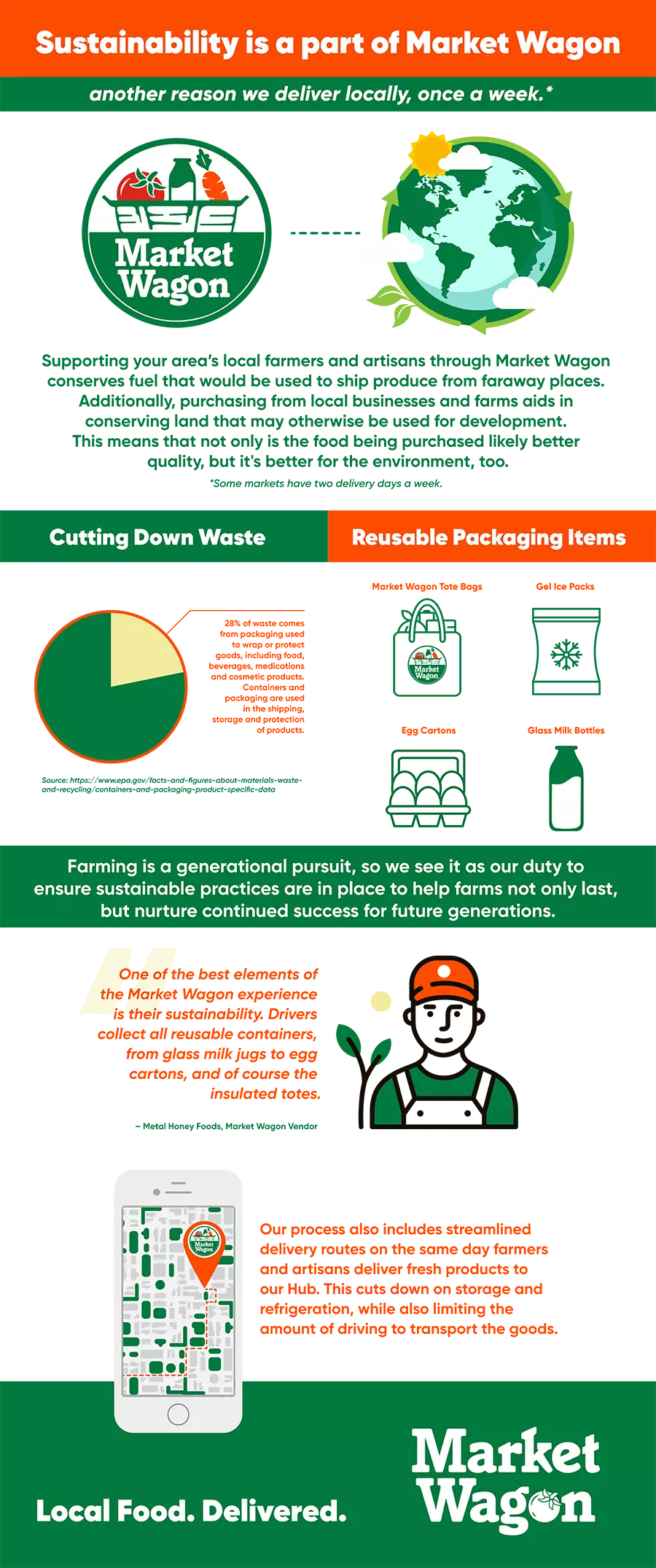Chicken Florentine with a side of Plastic? Maybe shipping meals isn't so great for the planet after all.
May 3rd, 2019
Busyness is becoming normal. Even a status symbol. And it's given rise to a new industry: The Life Optimization Industry. Thanks to busyness, the business of life optimization is booming.
The now-retro calendar has gone digital and multifaceted with Tello and Cozi. Devices keep us on track in the office and at home. Amazon has our monthly—or even weekly—deliveries of everything from cleaning supplies to diapers down to a science. Online stylists and shopping programs like Stich Fix allow us to no longer spend time in the mall or even with the need keep up on the latest trends. Books are no longer read, but heard thanks to Audible and Hoopla. And, even something as zen as meditation can be optimized with apps like Headspace enabling us to find "clarity" just about anywhere.
So, it's no surprise that the most ordinary task of each day—planning and preparing dinner—has been optimized into an industry of its own: The Meal Kit Industry.
At first glance, it's kind of great. Users receive a week's worth of ingredients for meals planned with variety, dietary preference and nutrition in mind. The meals are easy to prepare thanks to tested, step-by-step instructions and a beautiful (... and easily emulated) image of the final product. #imadethat #foodie #homecooking
What else might make a home cook's heart happy is that all the ingredients arrive pre-portioned eliminating the need for any real prep beyond a little chopping. It even eliminates the need to purchase a whole bottle of soy sauce or head of garlic when only a tablespoon is needed. #nowaste
Well, no food waste, anyway...
But, what about the mini plastic bottle the soy sauce arrived in? Or, how about the vacuum sealed plastic packaging the garlic clove arrived in? What I may have once bought in a 12-ounce jar now comes in one of 12 one-ounce containers.
50% of the plastic produced today is intended for single use purposes.1 Meaning its purpose will be fulfilled in a fleeting moment, after which it will live on the planet as waste for hundreds of years. Yes, hundreds.
One of the big cases in defense of Meal Kits is the lack of food waste. The pre-portioned ingredients prevent food items from going into the trash. And, in a world where over one third of all the food produced is going to waste, this seems valid.2
We don't need scholarly research to validate that idea, either. We have all been there. We purchased the herb or onion needed for the recipe that only needed a tablespoon to find it a week later past it's prime in the back of the fridge. We feel bad about it for a minute... and then toss it.
Here is where the food waste is different than the plastic waste: food decomposes. It could even be used for compost to build the soil and grow more food. The "wasted" onion in the back of the fridge is dirt next year. The package that I bought a single ounce of minced onion in is not.
The planet would rather one person throw away half an onion than have that same onion perfectly consumed by 12 portion-buying households who each discard the tiny, single-use plastic container from the large corrugated box complete with ice packs and protective styrofoam it arrived in. And, all that outer-packaging is single-use as well. Blue Apron alone ships 384,000,000 pounds of ice packs per year3, the majority of which will end up in a landfill.
So, if you are looking to be environmentally conscientious, does that mean meal optimization is off the preverbal table? No. But, mini bottles of soy sauce shipped from 1000 miles away might be.
Delivery doesn't have to require a box, and it might come as locally as a county away.
Local grocery delivery are able to control the closed-loop of materials that their national meal kit delivery counterparts can't. UPS and FedEx require prohibitive fee's for returning items if the shipper wanted to reuse pieces of the packaging such as insulation and ice packs.
Delivery services that focus on a local region, however, are able to deliver the same day the food items are packed. This significantly cuts down on insulation, cold packs and even transportation needed to keep things safe and fresh. And, what shipping materials are required can be returned and recycled because these delivery services are using their own couriers dedicated to their service.
At Market Wagon, for example, a customer can simply leaving out their branded insulated totes and ice packs for pickup so those items can be used again the following week.
While we don't completely help you optimize every step of getting dinner on the table, we at least left you with the fun part—the tangible, sensory part—chopping , sauteeing and working with your hands. You're making something from parts of other things. And you might be discarding some unused parts, too, but not with one-ounce plastic cups and single-use wrappers.
Get creative and make memories in the kitchen and around the table. In this busy world, this just may be the thing that "optimizes" life most.


